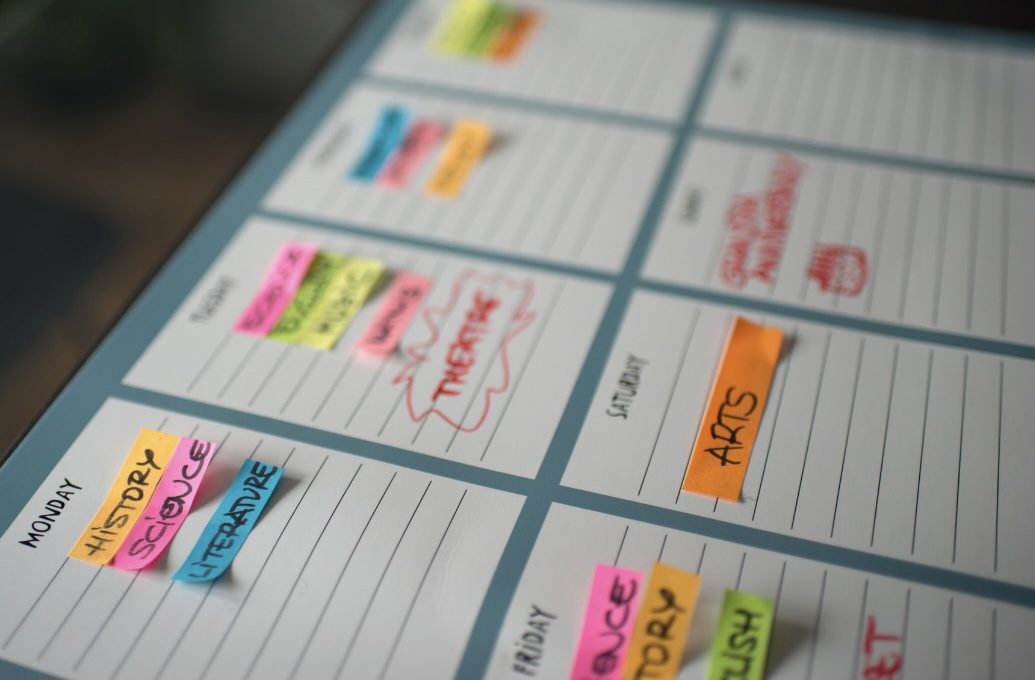It’s almost the end of the fall semester, and my students are limping towards the finish line. They are tired, they are stressed, and they are sick. Most are under-slept and over-caffeinated. Some have just finished playing for the opera run. Others have given their junior or senior recitals. Seniors are preparing and recording grad school pre-screens. Many are recording audition excerpts for summer festivals. They are playing in ensemble rehearsals and concerts, preparing for juries, and finishing up seating auditions for next semester’s ensembles. All have academic work to deal with as well. We are all looking forward to Thanksgiving break and the break at the end of the semester.
Research has shown that injuries often happen when there is a sudden increase in practice time. This increase includes ensemble time as well as individual practice. What can musicians do in situations like this to minimize injury risk?
Here are some things we talk about during my class.
1) Take breaks. For every 25 minutes of practice, there should be 5 minutes of break. This means setting the instrument down. If you’re holding it, then your hands and arms are not resting. If you’re doom scrolling on your phone, it’s the same thing… your hands are not resting.
2) Schedule your practice time. Write it down in your calendar or on your phone.
3) Have a written plan about how you are going to manage all the repertoire that you need to practice.
4) Control the things that you can control: when you practice, how long you practice, what you practice, and when you choose NOT to practice.
5) Understand and recognize that there are some things that are out of your control. If you’re in dress rehearsals for the opera run, you know that’s a long period of time playing every day. Usually, the opera pit space is insufficient for the number of musicians crammed in there and that creates additional physical challenges. You cannot plan to practice for 4 hours a day during the opera run. It’s just not sustainable.
6) Schedule additional time for rest and recovery after a concert set or opera/musical theater run. Professionals deal with this all the time.
7) Understand that what you should be doing in the practice room is mindful practice not mindless repetition. You are a not a machine, and you do not have unlimited repetitions available to you. If you are mentally checked out and not paying attention to what you’re choosing to do, then put the instrument away and go do something else.
8) Sleep. Humans needs 7–9 hours of sleep per night with a preference for going to bed and waking up at the same time.
9) Eat well: healthy food, not pizza and chips.
10 Hydrate with water. Not coffee and Red Bull.
11) Consider increasing your time for daily constructive rest, meditations, or Non-Sleep Deep Rest.
12) Take some time away from the instrument during the official break time from school. It’s necessary, and it’s not cheating.
All of these things fall into the category of self-care, and each one of us is ultimately responsible for making the choices that are going to set us up for success.

